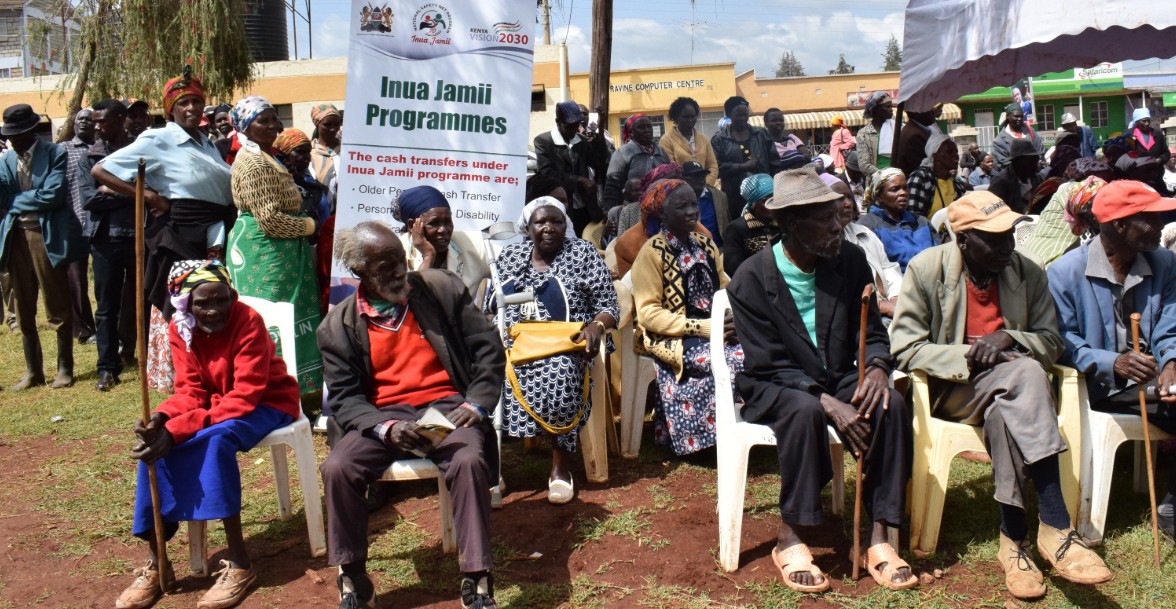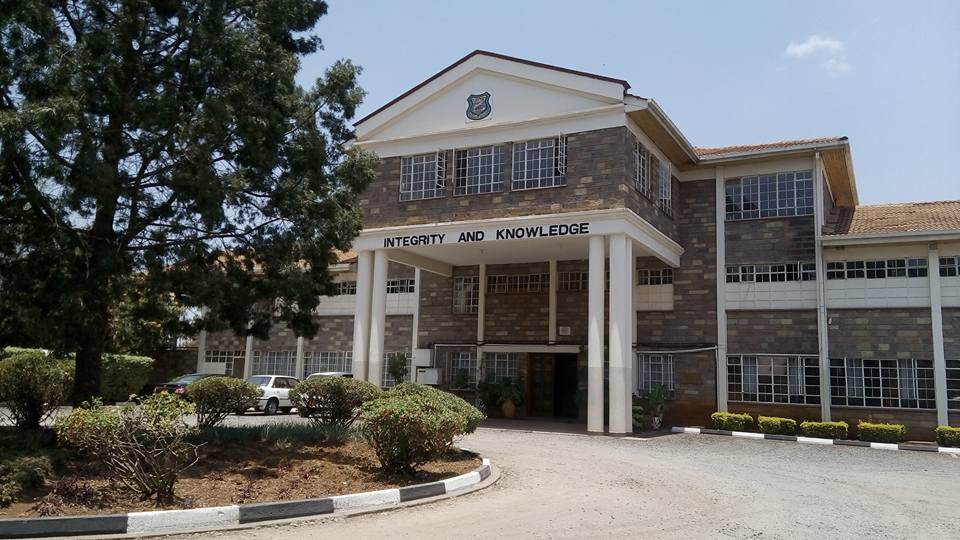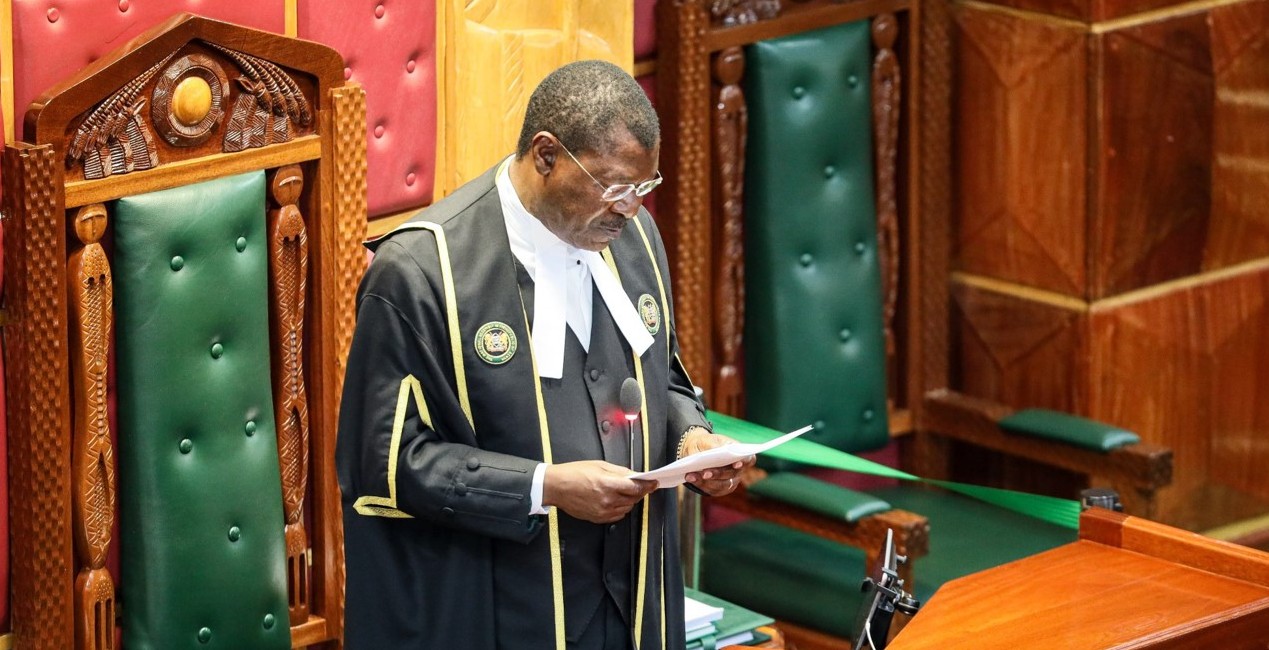New Bill seeks to grant Kenyan citizenship to stateless persons after 7 years of residence

The Kenya Citizenship and Immigration (Amendment) Bill, 2024, aims to grant citizenship to individuals who have lived in Kenya for at least seven years and meet basic integration requirements.
A new Bill before Parliament aims to remove longstanding legal barriers that have denied stateless persons the right to Kenyan citizenship, marking a major step toward ending decades of exclusion and marginalisation.
The Kenya Citizenship and Immigration (Amendment) Bill, 2024, aims to grant citizenship to individuals who have lived in Kenya for at least seven years and meet basic integration requirements.
More To Read
- Kilifi North MP Owen Baya blames KPLC for worsening water crisis, demands urgent action
- Parliamentary Budget Office projects Sh40 million annual revenue from Diaspora Citizenship Bill
- Kilifi North MP launches 10-day campaign against muguka addiction
- Coast MPs urge CS Linturi to back amendment declaring muguka a narcotic
- Kilifi North MP promises to address plight of police officers after viral plea
- Illicit brew crackdown: Push for state to recognise mnazi intensifies
Kilifi North MP Owen Baya, the sponsor of the Bill, is seeking to amend the Kenya Citizenship and Immigration Act, Cap 170, to clearly define the conditions under which stateless persons can be registered as Kenyan citizens.
Eliminate legal uncertainty
He told the National Assembly Committee on Administration and Internal Security that the proposed changes are meant to eliminate the legal uncertainty and restrictions that have, for years, denied stateless persons access to crucial services.
The Bill proposes an amendment to Section 15 of the current law to allow stateless persons who have habitually resided in Kenya for at least seven continuous years to be deemed lawfully resident and, upon application, eligible for registration as Kenyan citizens.
“This is an earnest plea to fast-track the Bill so that these individuals can finally enjoy their rights,” Baya told the committee.
“As you know, a stateless person cannot hold an ID card, and without it, they cannot conduct business like an ordinary citizen.”
Eligible for citizenship
According to the MP, Clause 3 of the Bill explicitly amends Section 15 to state that any stateless person with at least seven years of habitual residence in Kenya will be considered lawfully resident and may, upon application in the prescribed manner, be eligible for citizenship.
The Bill further proposes that applicants must demonstrate their ability to understand and communicate in Kiswahili, a local dialect, or any other communication formats or technologies accessible to persons with disabilities.
Additional conditions include a clean criminal record, with no conviction for an offence that carries a sentence of three years or more.
Once granted citizenship, the individual must either reside permanently in Kenya or maintain a close and ongoing association with the country, while also demonstrating an understanding of the rights and duties of Kenyan citizens.
Baya also proposes that the responsible Cabinet Secretary be required to maintain a register of all stateless persons living in Kenya and to create regulations that guide the implementation of the new law, including clear criteria for proving habitual residence.
In addition to adults, the MP is pushing for the inclusion of a new Section 15A to allow the registration of children born to stateless parents.
Clause 4 of the Bill mandates the Principal Registrar to develop and implement measures to ensure accurate documentation and registration of such children at birth.
Committee Chairperson Gabriel Tongoyo, who is also the Narok West MP, commended Baya’s initiative and assured the Committee would take the necessary steps to address any gaps in the proposed amendments to allow for its adoption.
“We will look at the concerns raised and ensure the Bill moves forward,” Tongoyo said.
Top Stories Today










































